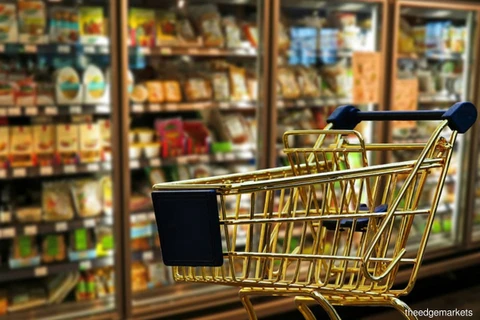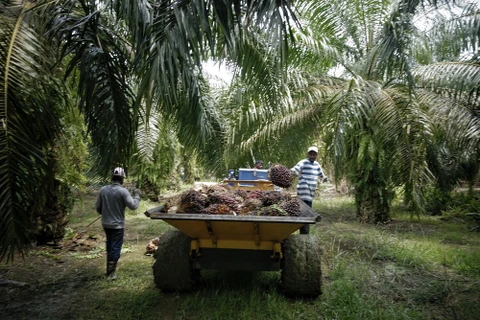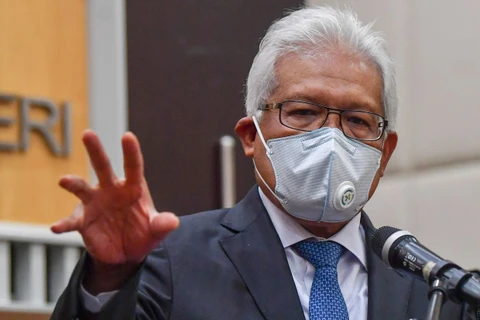Kuala Lumpur (VNA) – A shortage of food supplies due to the impact of weather and rising gasoline prices has led to increasing inflation in this Southeast Asian country, according to the Department of Statistics Malaysia (DOSM).
Malaysia’s inflation, as measured by the Consumer Price Index (CPI), rose 3.2 percent in December 2021 compared to the previous year mainly due to the rise in food and fuel prices and on base effect, DOSM said in a press release on January 21.
The DOSM said heavy rains that occurred in several states such as Selangor, Kelantan, Terengganu, Pahang and Johor during December due to the Northeast Monsoon led to the increase in food prices, especially vegetables and seafood.
Continuous heavy rains that resulted in floods as well as landslides that occurred in vegetable-producing states such as Pahang also contributed to these price hikes and directly contributed to the increase in national inflation.
The CPI’s 3.2 percent year-on-year increase in December 2021 had partly contributed to the nation’s leap into an annual 2021 inflation at 2.5 percent compared to a 1.2 percent deflation in 2020.
According to the DOSM, the setting of unleaded petrol RON95 ceiling price by the government starting March 2021 at 2.05 RM was the main contributor to the increase of the inflation rate.
The rise in prices of food, cooking oil and vegetables are also factors contributing to the climbing CPI. In 2021, chicken prices will rise above the 2020 average, along with an increase in global grain and feed stocks, leading to a hike in the price of Malaysia's most important protein source.
In addition, other essential commodities also witnessed a rocketing price such as cooking oil due to the increase in crude palm oil or bad weather in the last months of the year causing vegetable and fruit prices to surge./.
























